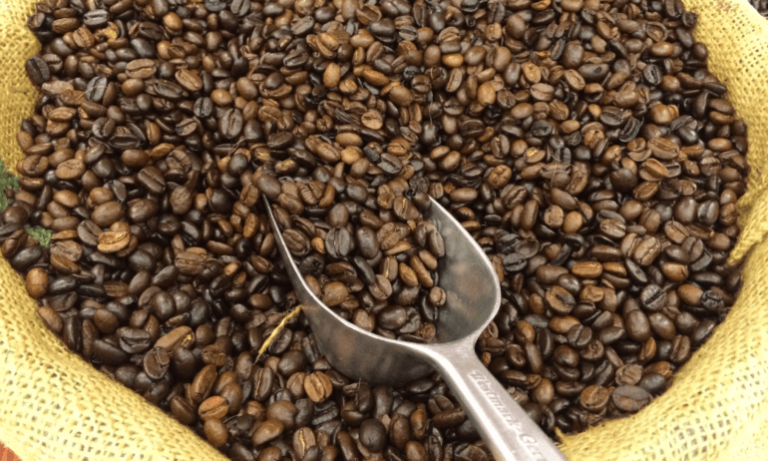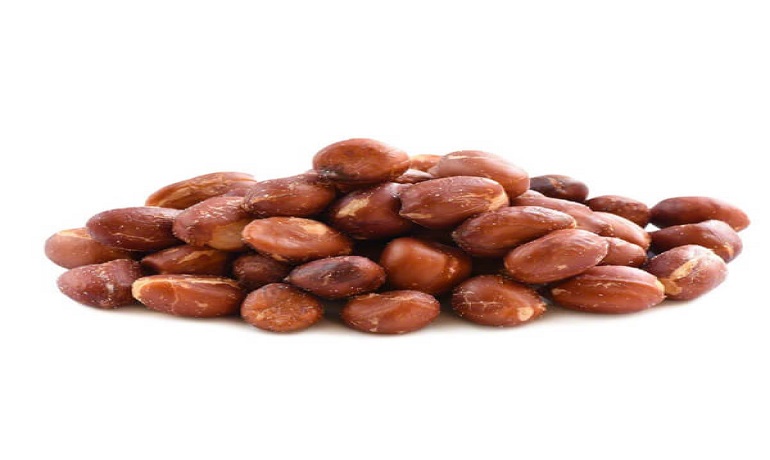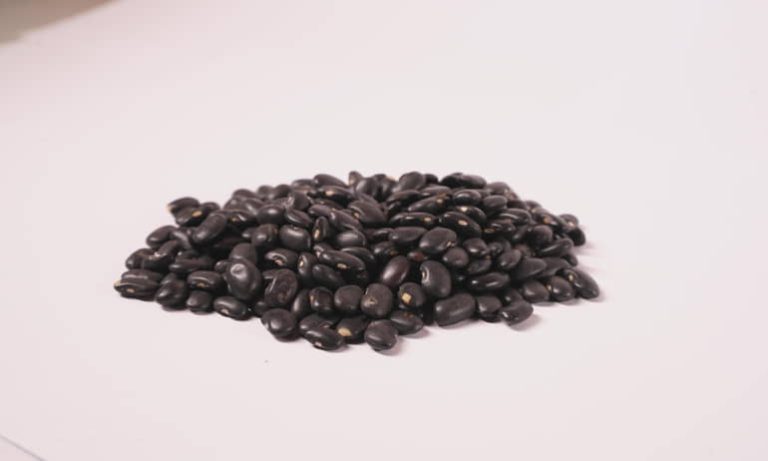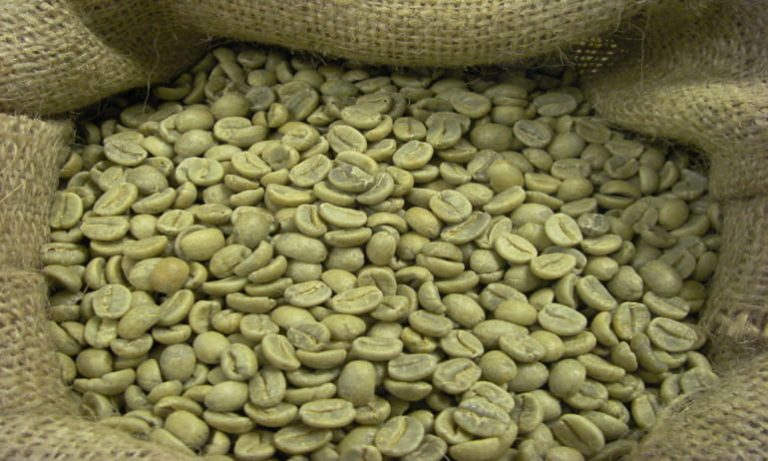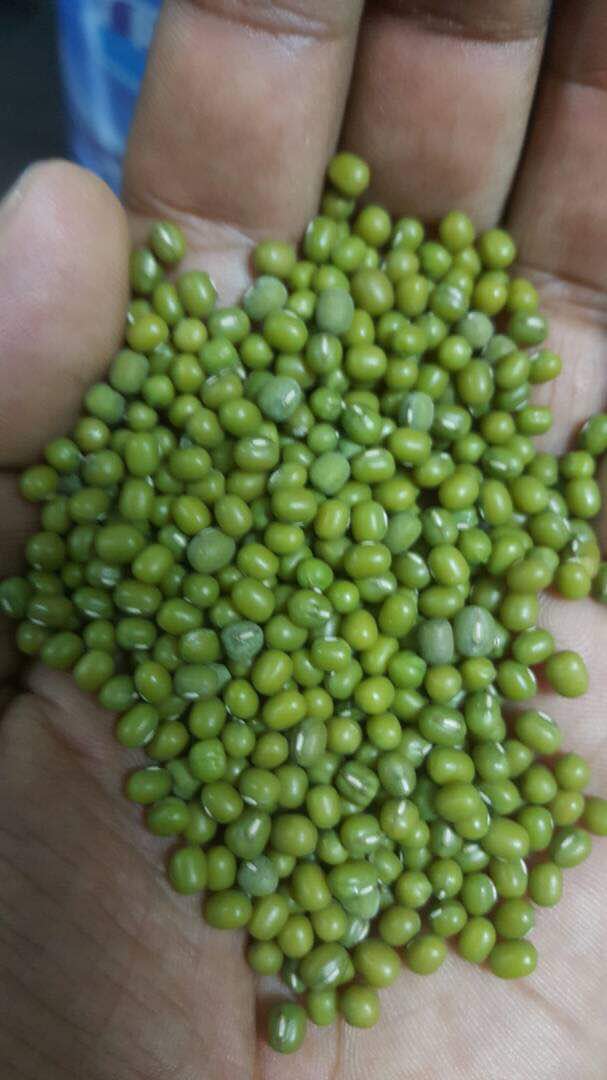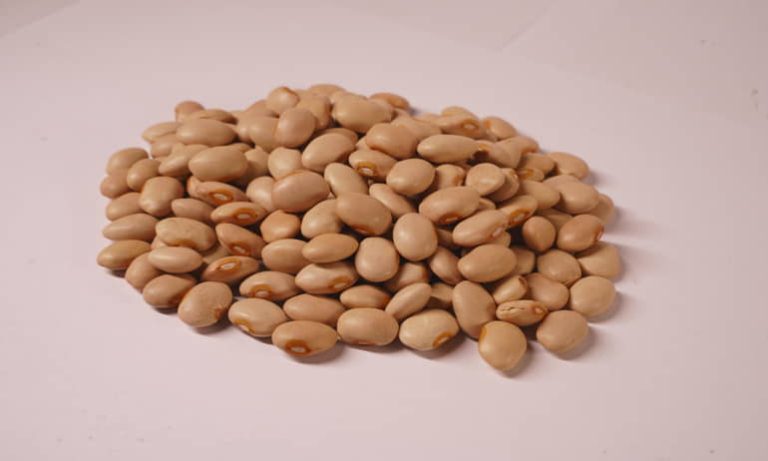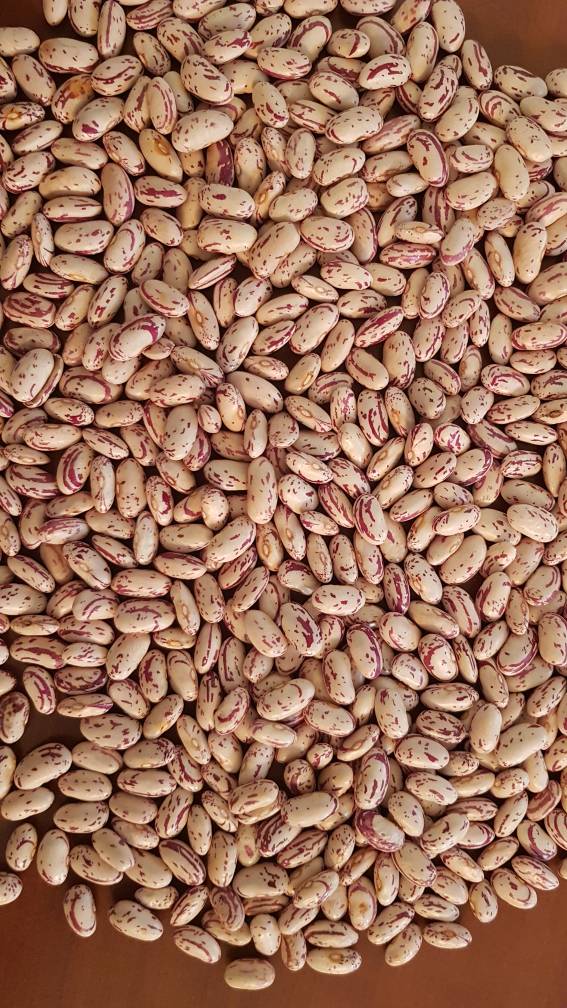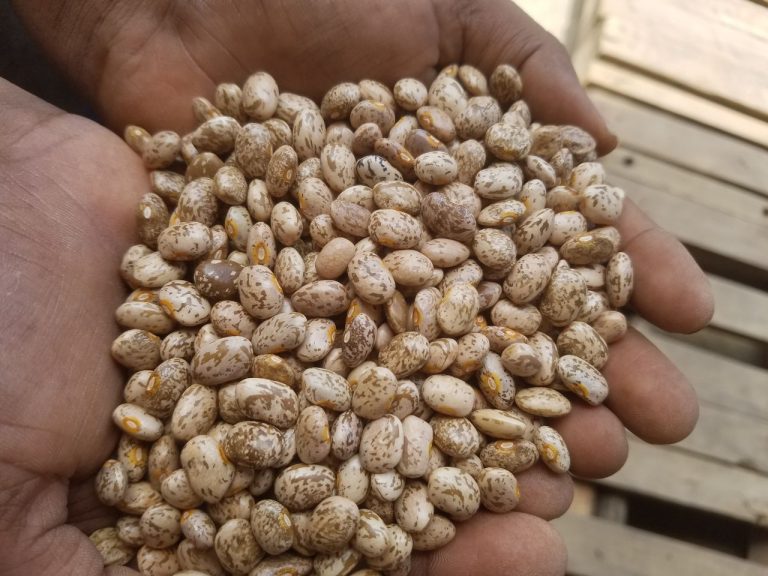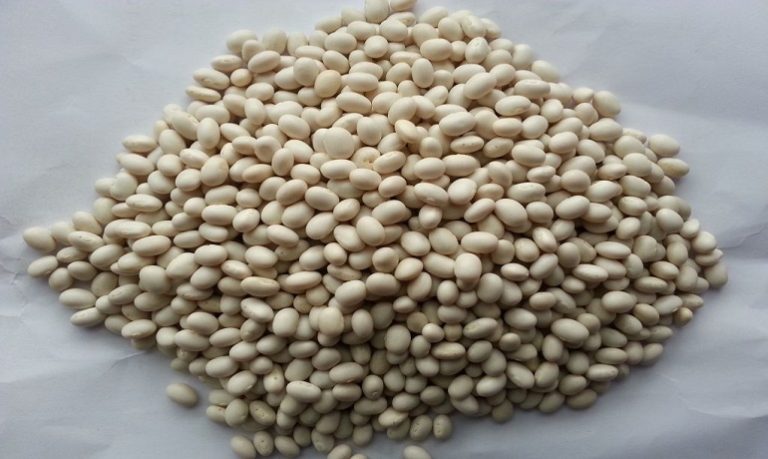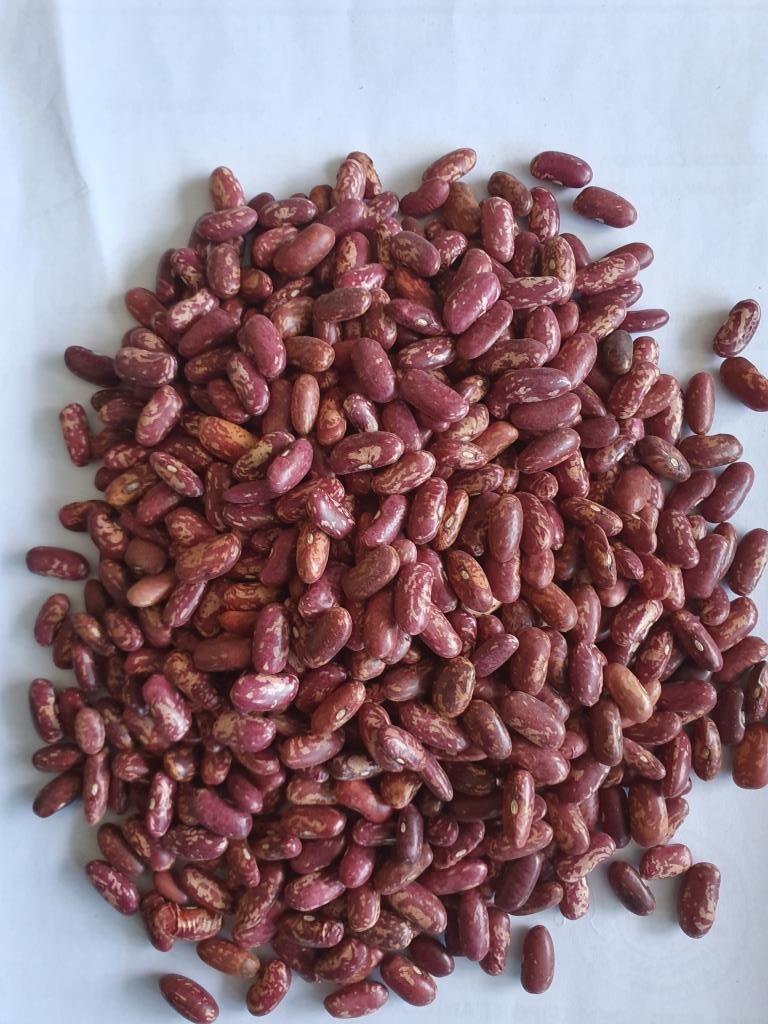Product Description
Ethiopian peanuts refer to peanuts (Arachis hypogaea) that are grown in Ethiopia. Peanuts, also known as groundnuts, are a popular legume crop worldwide and are widely consumed as a snack or used in various culinary preparations.
Additional Information
- Cultivation: Peanuts are cultivated in different regions of Ethiopia. They are warm-weather crops that require well-drained soil and a sufficient amount of sunlight. Peanuts are usually grown as a rainfed crop or under irrigation.
- Culinary Uses: Ethiopian peanuts have various culinary uses. They can be consumed as a snack, roasted and salted, or used in the preparation of peanut butter. Ethiopian cuisine incorporates peanuts into a range of dishes, such as stews, sauces, and desserts. Dishes like “doro wat” (spicy chicken stew) often include peanut-based sauces.
- Nutritional Value: Peanuts are highly nutritious and offer several health benefits. They are a rich source of plant-based protein, dietary fiber, healthy fats, vitamins (including vitamin E and B vitamins), and minerals (such as magnesium, phosphorus, and potassium). However, it’s important to note that peanuts are allergenic for some individuals, and peanut allergies are relatively common.
- Peanut Oil: Peanuts are also used for the extraction of peanut oil, which has a mild flavor and a high smoke point, making it suitable for cooking and frying. Peanut oil is commonly used in Ethiopian cuisine and in various other culinary traditions worldwide.
- Economic Importance: Peanuts are an economically important crop in Ethiopia, providing income for farmers and contributing to the country’s agricultural sector. The cultivation and trade of peanuts play a significant role in the local economy.
- Peanut Butter Production: Peanut butter is a widely consumed product globally, and Ethiopian peanuts are used for its production. Peanut butter made from Ethiopian peanuts can be found in local markets and may vary in texture and taste compared to peanut butter made from other peanut varieties.
When purchasing Ethiopian peanuts or peanut-based products, it’s important to choose reliable sources that ensure quality and safety standards.
Please note that while I can provide general information about Ethiopian peanuts, specific details regarding cultivation practices, market aspects, or regional variations may require more localized knowledge and expertise. Consulting local agricultural experts or resources in Ethiopia would provide more specific and up-to-date information.
Reviews
Lorem ipsum dolor sit amet, consectetur adipiscing elit. Ut elit tellus, luctus nec ullamcorper mattis, pulvinar dapibus leo.
